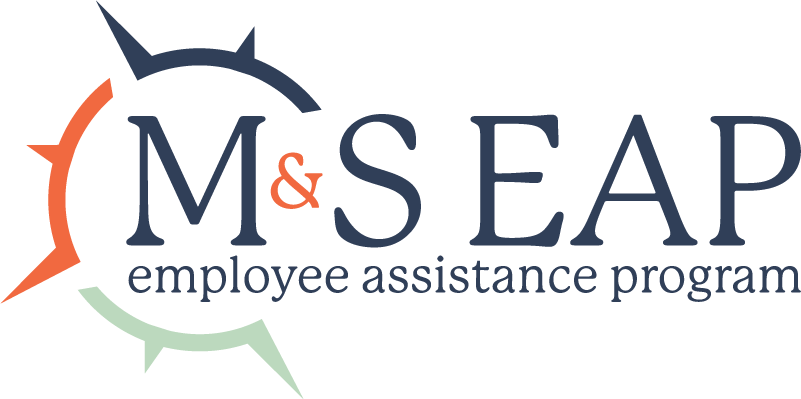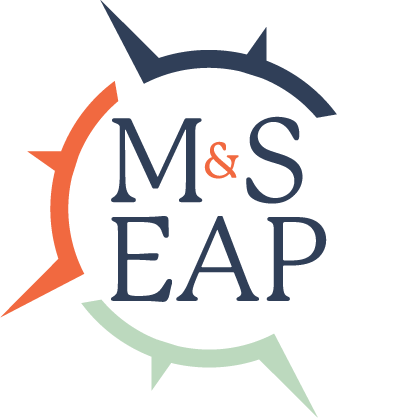Avoiding Common Stressors During Your Workday

Stress compounded over time can have physical and mental health implications You may never be able to completely eliminate work-related stress, but you can certainly learn how to cope with it, manage it and reduce it.
Make a to-do list
Each day will seem a little less scary if you can set clear expectations. When you start each workday, check your calendar and review each of the commitments you made for that day so you can add them to your to-do list. A visual list will help keep you organized, and you will feel less stressed when you know what to expect each day.
Set boundaries
Remember that you do not exist for the sole purpose of going to work; likewise, your job is not your entire identity. Strike a healthy work-life balance by keeping your work at work; don’t bring your personal life into the office, and don’t let work get in the way of enjoying your hobbies or time with friends and family.
While at work, setting boundaries can look like being honest about your capacity and asking for help when you need it.
A work-life balance can be achieved by:
- Not being responsive while on vacation. During your personal time off, don’t feel pressured to answer work-related calls or emails. You have earned your vacation time and deserve to enjoy it.
- Keeping your work emails separate from your personal email. Remove your work email from your personal device, and resist the urge to quickly check your email in the evenings or on the weekend.
- Taking the full time you are allotted for breaks and lunchtime. Treat breaks as a mini vacation and refrain from doing any work. If another employee approaches you in the break room during your lunch hour, kindly let them know you are taking your lunch and will be available to help when you are finished.
- Learning how to say “no” when your own schedule is full.
Block off time on your calendar
Many of the most commonly used email and communication softwares have some version of a “do not disturb” feature. If you can mark yourself as busy, unavailable or in a meeting on your calendar or on your instant messaging service, your colleagues will know that they won’t be able to reach you. Save this for times when you need to catch up on your own work or are meeting an urgent deadline.
Hold regular meetings
It may seem counterproductive to add another item to your to-do list in order to reduce stress, but meetings can be an effective communication tool that helps you stay organized. Regular meetings, especially for projects that require the collaboration with cross-functional teams, will keep communication lines open to reduce stress for all parties involved.
If you manage a team, daily or weekly check-in meetings to provide updates and answer questions can also help the team feel more confident and less anxious about their work.
Take your lunch breaks and personal time off
One of the best ways of dealing with work-related stress and anxiety is to step away from work entirely, whether that is for an hour or a full week. Allow yourself to take a break from your work, and remember that things will still run without you. Don’t forget that you are entitled to take your vacation time, so you should never feel guilty about taking a couple of days off.
Let go of the things that are not your responsibility
Feeling like we’re in control can make us feel safe, but it can also add a tremendous amount of pressure and stress. You may have an inclination to take over projects or volunteer to complete a difficult task for another employee. This is a noble effort, but it is also a fast-track to overwhelming yourself and skyrocketing your stress. Help out your team when you can or if you are the correct point of contact, but also learn to recognize when you can reroute an email or a request when it doesn’t fall under your purview.
Take advantage of your employee assistance program
An employee assistance program (EAP) is a service offered by employers for the benefit of their employees. EAPs can provide free and confidential mental health counseling, family services, addiction counseling, stress and time management, career counseling, financial counseling and more.
Check with your employer to see if an EAP is available to you as part of your benefits package. If your employer does not currently utilize an EAP, ask your human resources department if they would consider engaging one as it can have broad benefits both to the company and their employees.
Mazzitti & Sullivan EAP is here to support employees during difficult times. Reach out today at 800-543-5080 to learn more ways to avoid and manage stress at work.



